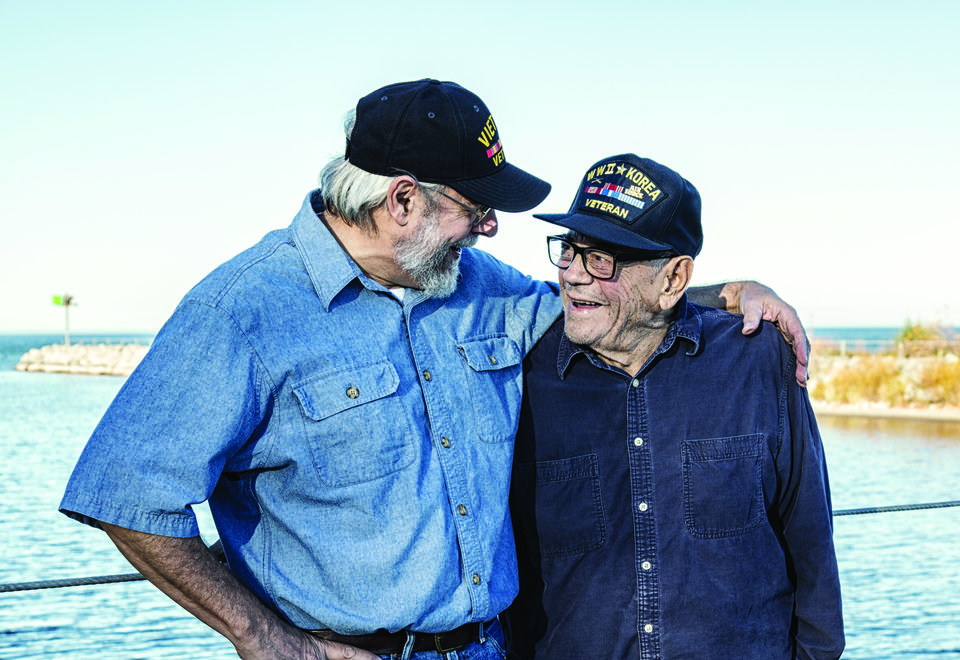

fact or fiction:
Does Prostate Cancer Need to be Treated with Surgery?
For men with small, low-risk prostate cancer tumors that are slow growing, active surveillance may be a great option vs. surgery. Active surveillance involves closely watching the prostate cancer for any signs of growth. Certain exams and tests are done on a regular schedule to monitor the cancer, but no treatment is given unless test results show the cancer is getting worse. More than 30% of men have prostate cancer that’s slow growing. For these men, active surveillance can be a better choice than immediate local treatment with surgery. That’s because prostate cancer treatments, like surgery and radiation, often have side effects like incontinence and erectile dysfunction.


fact or fiction:
Does Nocturia cause Prostate Cancer?
Nocturia is when you have to wake up 2 or more times at night to go the bathroom. About 1 in 3 adults over the age of 30 experience nocturia. Common causes include drinking too much fluid or caffeinated beverages close to bedtime. Other causes include an enlarged prostate, overactive bladder and taking some medications like diuretics, also known as “water pills.” Nocturia does not cause prostate cancer. But it can be a side effect of prostate cancer surgery or radiation treatment.


fact or fiction:
Does Agent Orange Exposure Impact Prostate Cancer Outcomes?
Agent Orange was a herbicide used by the U.S. military from 1962 to 1975. It was named for the orange band around the storage barrel and it was sprayed on trees during the Vietnam War. Various reports conducted by the VA suggest a positive association between prostate cancer and exposure to herbicides used in Vietnam. For example, a study conducted in 2013 by the Portland VA Medical Center and Oregon Health and Science University found that Veterans exposed to Agent Orange were at a higher risk for developing prostate cancer.

UrologyHealth.org | FALL 2020 | UROLOGYHEALTH extra